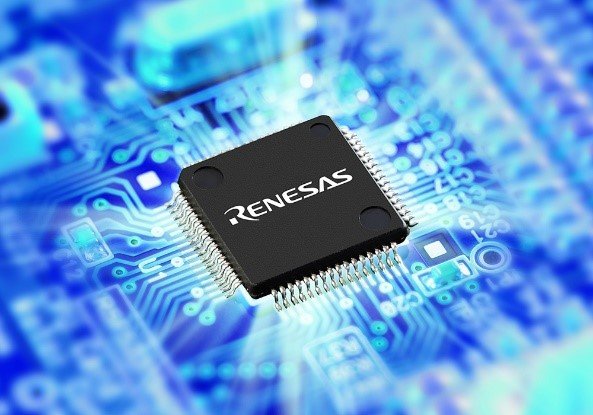DEALS DYNAMICS
Renesas acquires Steradian for ADAS radar expertise

The acquisition of Steradian will bolster Renesas’ automotive sensing capabilities
Renesas has completed the acquisition of Steradian Semiconductors , a fabless semiconductor company providing 4D imaging RADAR solutions.
Headquartered in Bengaluru, India, Steradian is a start-up founded in 2016 and provides radar solutions that enable highly accurate object recognition and power efficiency in a small chip. Radar is a vital technology for Advanced Driver Assistance Systems (ADAS), which uses a complex combination of various sensors in vehicles to detect objects. Renesas plans to capitalize on the high growth opportunities the automotive radar market offers, by expanding its automotive product portfolio with Steradian’s radar technology and extending its reach in the radar market.
The resulting automotive radar solutions will combine the new automotive radar products, Renesas’ ADAS SoCs (System-on-Chips) for processing radar signals, power management ICs (PMICs), and timing products together with software for object recognition. Together, these solutions will simplify the design of automotive radar systems and contribute to faster product development.
With the completion of the acquisition, Steradian has become a wholly owned subsidiary of Renesas. The combination of Steradian’s leading-edge radar technology and engineering talent will boost Renesas’ sensing solution offerings in a wide array of applications including industrial systems. Renesas will bring together the best possible device combination and software to meet the growing demand for sensor technology solutions and continue to make engineers’ design work easier.
With the advancements of ADAS (Advanced Driver Assistance Systems) in the automotive market, automotive sensor fusion demand is growing to allow precise and accurate object detection of vehicles’ surroundings by combining data from multiple sensors, such as cameras, radar and LiDAR (Light Detection and Ranging).
Radar, in particular, accurately detects objects over long distances, day or night, even during harsh weather or other adverse environmental conditions. For these reasons, radar is considered an essential sensing technology for ADAS, and the number of radar sensors installed in vehicles is expected to grow strongly. To respond to such growth potential, Renesas is expanding its automotive product portfolio with Steradian’s radar technology.
“Radar is an indispensable technology for ADAS, which uses a complex combination of various sensors,” said Hidetoshi Shibata, President and CEO of Renesas. “The addition of Steradian’s superb radar technology and engineering talent will allow us to extend our leadership in the automotive segments. We will also leverage their technology for industrial applications to drive our mid- to long-term business growth in both segments.”
“Renesas’ industry-leading portfolio of embedded solutions and broad customer base serve as an ideal foundation to maximize Steradian’s radar technology worldwide,” said Gireesh Rajendran, CEO of Steradian. “By working together with the Renesas team, we will continue to develop innovative radar solutions that deliver the high performance, small footprint and low power consumption that our customers desire.”
Founded in 2016 as a start-up company, Steradian has extensive expertise in radar technology. Operating in the 76-81 GHz band, Steradian’s 4D radar transceivers offer a high level of integration in a small form factor and high power efficiency. Renesas will leverage Steradian’s design assets and expertise to develop automotive radar products, with plans to start sample shipments by the end of 2022.
The company aims to develop complete automotive radar solutions that combine ADAS SoCs (System-on-Chips) for processing radar signals, power management ICs (PMICs), and timing products together with software for object recognition. Collectively, these solutions – it is claimed - will simplify the design of automotive radar systems and contribute to faster product development.
Industry estimates put both PSA and FCA's capacity utilisation in Asia-Pacific at just 8%, with the majority of that capacity concentrated in China.